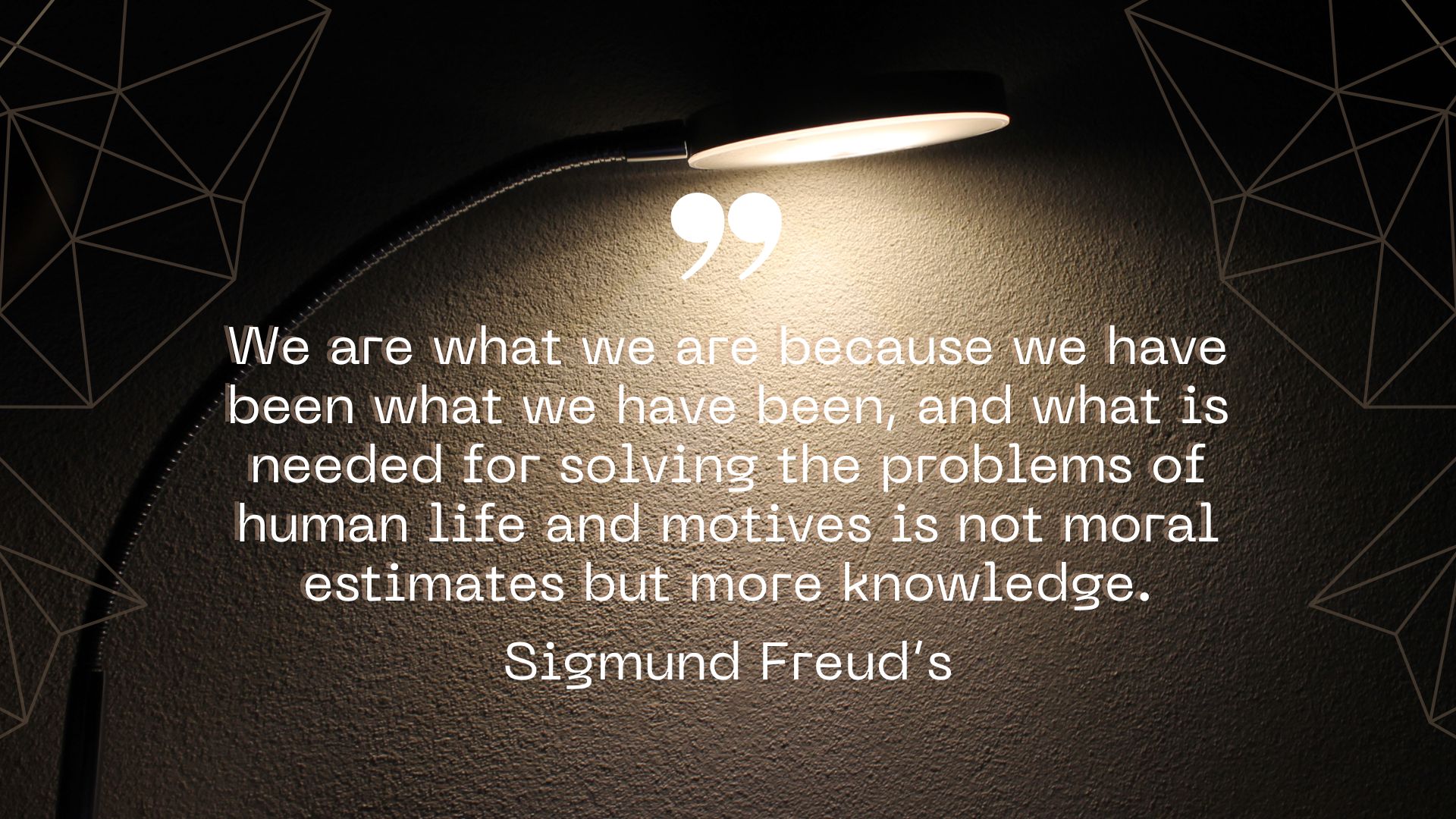It is only by historical analysis that we can discover what makes up man since it is only in the course of history that he is formed.
Emile Durkheim___
Introduction
The quote “It is only by historical analysis that we can discover what makes up man since it is only in the course of history that he is formed” by Emile Durkheim highlights the importance of studying history to understand human behavior and development. In this article, we will explore the significance of historical analysis and its role in understanding human nature.
The Significance of Historical Analysis
Historical analysis involves the study of past events, their causes, and their effects. It enables us to understand how societies and individuals have evolved over time and how they have been shaped by various factors such as culture, politics, economics, and technology.
Through historical analysis, we can uncover patterns in human behavior and identify the factors that have influenced social and cultural norms. We can learn from the successes and failures of past civilizations and apply those lessons to the challenges we face today.
Understanding Human Development
Human development is a complex process that involves the interplay of biological, social, and environmental factors. Historical analysis allows us to trace the development of human societies and cultures over time and understand how they have been shaped by these factors.
For example, by studying the history of technology, we can see how advancements in science and engineering have changed the way we live and work. We can see how the Industrial Revolution transformed the world economy and how the internet has revolutionized communication and information sharing.
Understanding Human Behavior
Human behavior is influenced by a wide range of factors, including genetics, culture, upbringing, and personal experiences. Historical analysis allows us to identify the cultural and social norms that have shaped human behavior and understand how they have evolved over time.
For example, by studying the history of gender roles, we can see how social norms have changed over time and how they have influenced the behavior of men and women. We can also see how cultural and social norms have influenced the behavior of different ethnic and racial groups.
Applying Historical Analysis to Today’s World
The lessons of history are valuable for understanding and addressing the challenges we face in today’s world. By understanding the past, we can better understand the present and make more informed decisions about the future.
For example, by studying the history of pandemics, we can better understand the current COVID-19 pandemic and develop strategies for containing its spread. By studying the history of social and political movements, we can better understand the causes and consequences of social unrest and work towards social justice and equality.
Conclusion
In conclusion, Emile Durkheim’s quote highlights the importance of historical analysis in understanding human behavior and development. Historical analysis enables us to uncover patterns in human behavior, identify the factors that have influenced social and cultural norms, and learn from the successes and failures of past civilizations. By applying the lessons of history to today’s world, we can make more informed decisions and work towards a better future.




